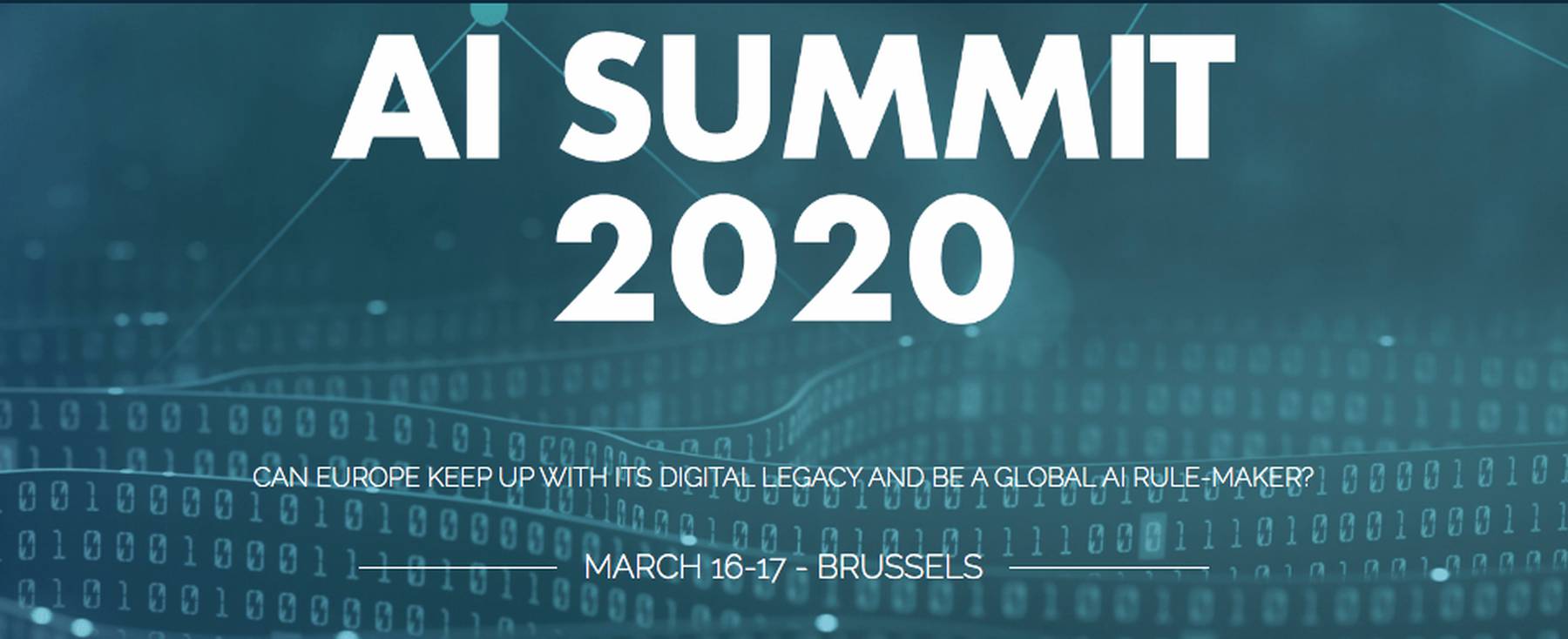POLITICO AI Summit 2020
AI has infiltrated every aspect of our lives, from the way we work and communicate to how we treat diseases and wage wars. Globally, businesses and governments are focusing on how to make the most out of this disruptive technology and mitigate the associated risks.
In this AI “race to the top”, the U.S. and China stand as the world’s frontrunners, because of their development of cutting-edge AI applications and their capacity to attract investments. Europe wants to lead the way on digital policies by setting the conditions for the development and use of AI. GDPR, digital competition and online copyright are some of the major policy areas that the last Commission implemented to give the bloc a competitive advantage. But will the new European Commission be able to keep up with Europe’s unfinished digital legacy when the technology is evolving quickly and investments are being allocated to other parts of the world?
Taking place on September 30 and October 1, 2020, POLITICO’s AI Summit returns to Brussels to tackle key questions about the future of AI global regulation and the technology’s implementation, such as:
- What is happening across the globe (U.S., Canada, China, Japan, other regions)? And what are the key alliances that are emerging between countries and regions worldwide?
- Should AI development be limited? How can the biases in the use of AI be addressed? What are the biggest consequences and challenges of automation in industry, taking into account the level of power given to machines?
- Is AI a cultural question? How does the interpretation of “trustworthy” defer from a country to another, and how does it impact AI development across the globe?
- Can the EU push its case for creating international rules in a future world of artificial intelligence and robotization? Will the EU’s approach towards regulation and development of AI technologies, adhering to the region’s ethical standards, give the bloc a global competitive edge — or will the EU be left behind? What are the EU’s policy priorities to boost Europe’s AI industry, while complying with European ethical standards?
- In 2019, China’s AI industry received the most funding, surpassing the U.S. and its traditional advantage in venture capital investment, while Europe still lags behind. What are the EU and member states doing to facilitate access to capital, data and skills needed to support AI growth and develop strong AI solutions?
- How challenging is the implementation of a cross-border and coordinated European approach towards AI? What is being done to overcome those challenges and will member states eventually take the lead?
For the third consecutive year, POLITICO is convening a high-level and international group of government leaders with industry, research, academic, and civil society stakeholders to discuss, debate and examine the AI world order and whether Europe has a chance to influence it in the years to come.
Upcoming AI & ML Events Newsletter
Monthly to your email. No spam. Trusted by AI & ML experts.
Speakers
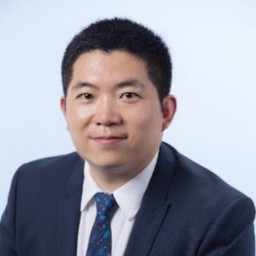
Yi Zeng
Professor, Chinese Academy of Sciences; Member of the National Governance Committee on New Generation AI, People's Republic of China
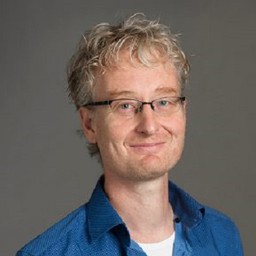
Max Welling
Research chair in machine learning, University of Amsterdam; vice president technologies, Qualcomm
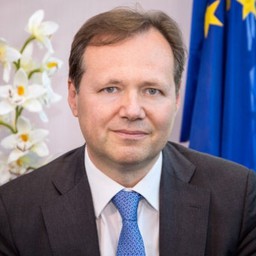
Roberto Viola
Director General, DG CONNECT, European Commission

Ulrik Vestergaard Knudsen
Deputy Secretary General, OECD; Former Permanent Secretary of State for Foreign Affairs, Denmark

Erik Stadigh
Investor, Crane Venture Partners

Ali Shah
Head of Technology, U.K.’s Information Commissioner's Office
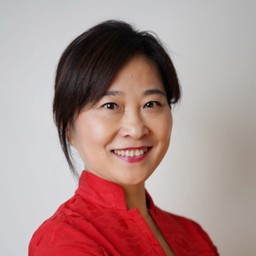
Bing Song
Vice President, Director, Berggruen Institute China Center
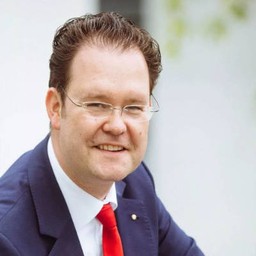
Tankred Schipanski
Member of the German Bundestag, , Christian Democratic Union (CDU)

Prof. Philipp Slusallek
Head, Research Department Agents and Simulated Reality, DFKI (German Research Center for Artificial Intelligence)

Teemu Roos
Leader of the AI Education program, Finnish Center for AI; Professor, University of Helsinki
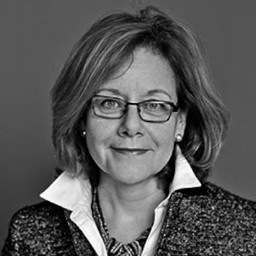
Elettra Ronchi
Senior Policy Analyst, OECD
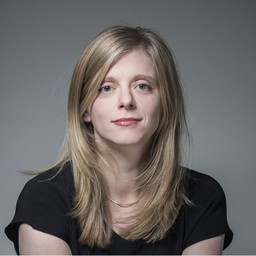
Dr. Katleen Gabriels
Assistant Professor, Department of Philosophy, Faculty of Arts and Social Sciences (FASoS), Maastricht University
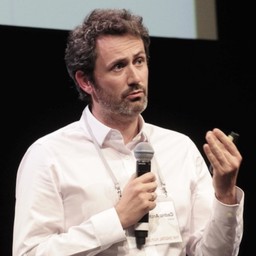
Cédric Archambeau
Principal Applied Scientist, Machine Learning, Amazon
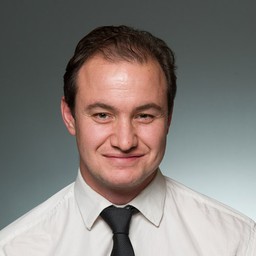
Nicolas Miailhe
Co-founder & President, The Future Society, AI INITIATIVE
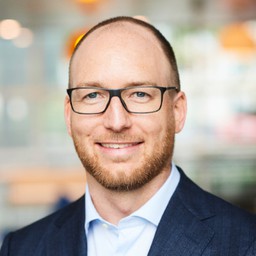
Malte Lohan
Director General, Orgalim, Europe’s Technology Industries
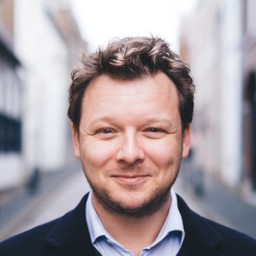
Prof. dr. Mark Levels
Program director at the research centre for education and the labor market, Maastricht University; consortium leader, Technequality
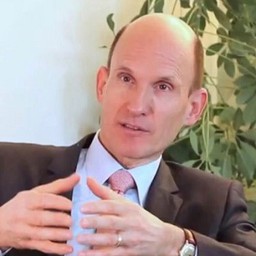
Jan Kleijssen
Director for information and action against crime, Council of Europe
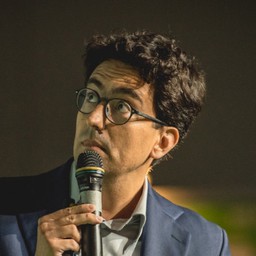
Alessandro Fusacchia
Member of the Italian Parliament
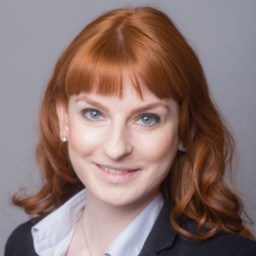
Eline Chivot
Senior Policy Analyst, Center for Data Innovation
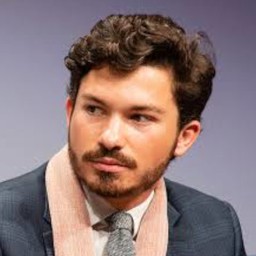
Nicolas Brien
Chief Executive Officer, France Digitale
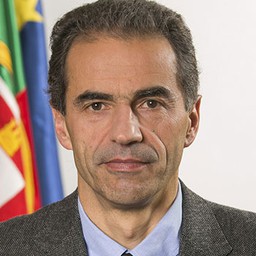
Manuel Heitor
Minister for Science, Technology and Higher Education, Portugal
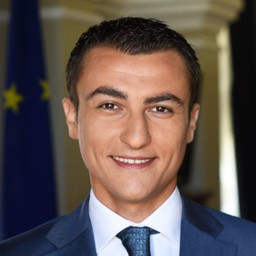
Hon. Silvio Schembri
Minister for economy, investment and small business, Government of Malta

Eva Kaili
Member of the European Parliament (S&D, Greece)
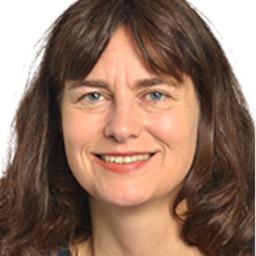
Alexandra Geese
Member of the European Parliament (GREENS/EUROPEAN FREE ALLIANCE, GERMANY)
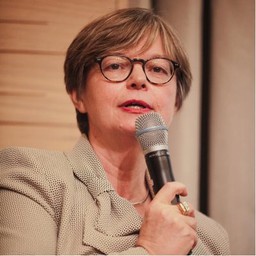
Christine Hennion
Member of the French Parliament; Member of the French-German joint AI working group
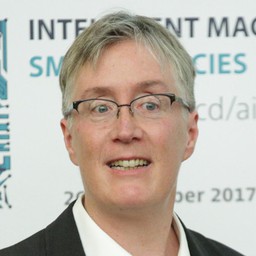
Joanna Bryson
Professor of ethics and technology, Hertie School of Governance

Fabrice Brégier
President, Palantir France
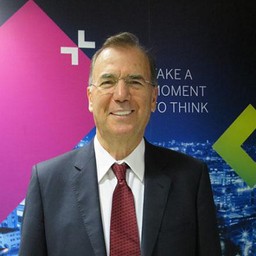
Dr. Ami Appelbaum
Chief Scientist and Chairman of the Board, Israel Innovation Authority, Ministry of Economy, Government of Israel

Siim Sikkut
Chief Information Officer, Government of Estonia
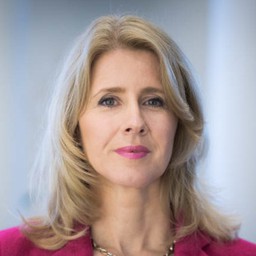
Mona Keijzer
State Secretary for Economic Affairs, Government of the Netherlands
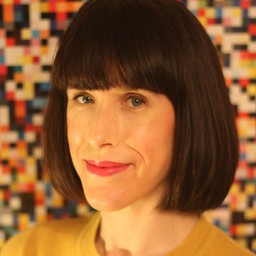
Natasha McCarthy
Head of Policy, Data, The Royal Society
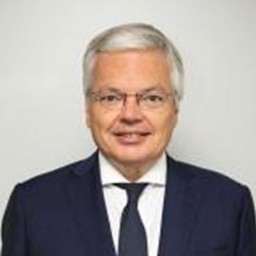
Didier Reynders
European commissioner for Justice
Partners

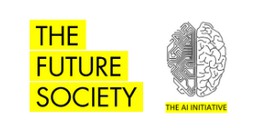
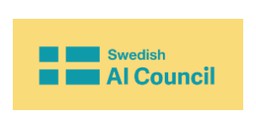
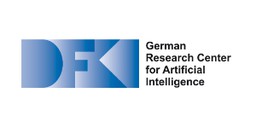
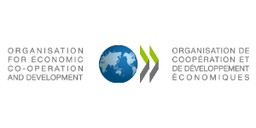
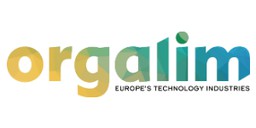


Organizer

